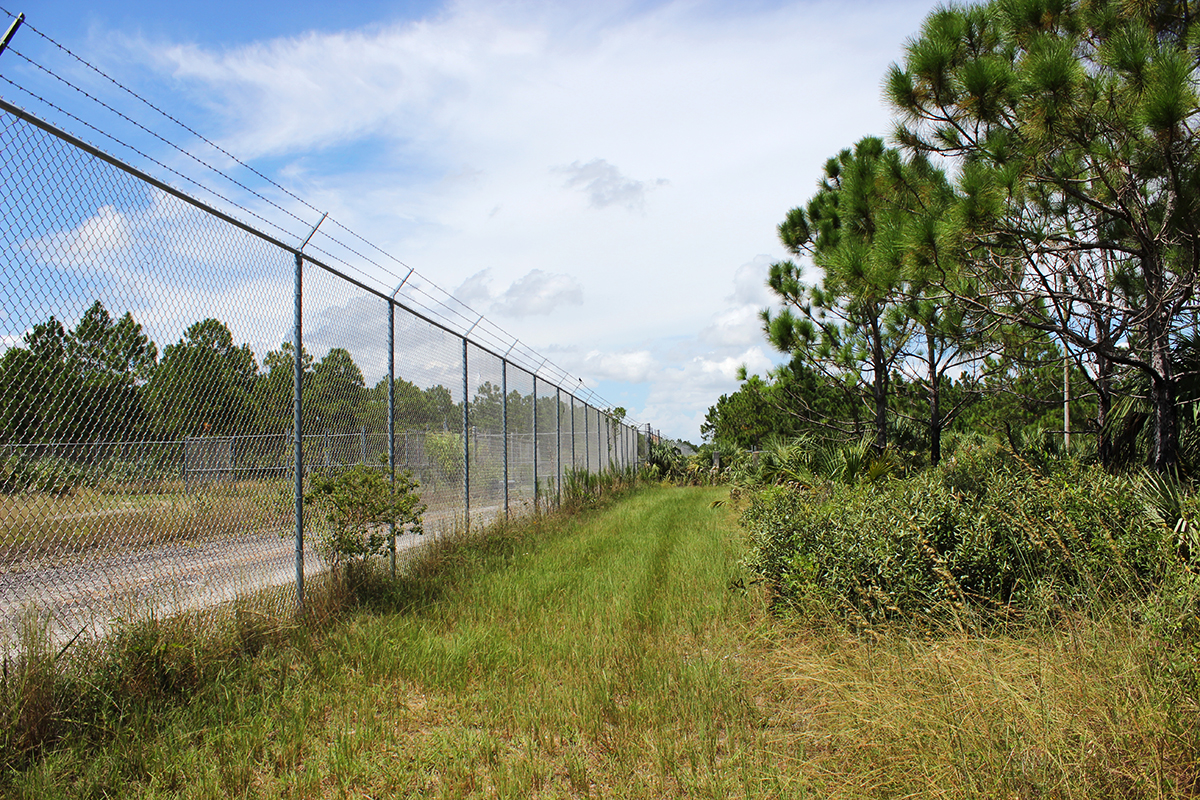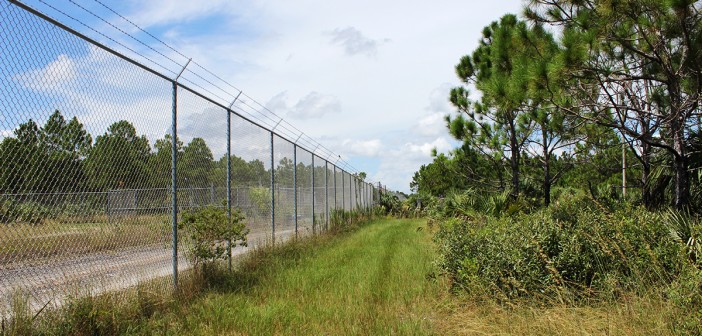

In July, the University of Miami sold 88 acres of its endangered pine rockland habitat in the South Campus, located near Zoo Miami, to developer Ram Realty Services (Ram). Ram plans to use the land to develop an apartment complex and several retail stores, including a Wal-Mart superstore.
The sale has since faced opposition from environmentalists, who petitioned against the destruction of an ecosystem that exists only in South Florida, the Florida Keys and Cuba. According to Florida International University’s South Florida Terrestrial Ecosystem Lab, the diversity of the plants and animals in the pine rocklands are highly threatened by human activity.
In response to public opinion and the recent designation of two additional federally-endangered plants species in the land area, Ram intends to submit a habitat conservation plan to the United States Fish and Wildlife Service (USFWS), along with its application for a special permit to “take” non-endangered species, according to an article published in the Miami New Times.
In a statement released in August, Ram announced that “[t]he [UFSWS] and Ram are working collaboratively to balance environmental preservation with job creation and economic development in South Miami-Dade.” However, many are skeptical that the conservation plan will accomplish enough to protect the delicate pine rockland ecosystem.
“It’s bunk,” said sophomore Zac Cosner, an environmental studies and biology major who is a member of the Tropical Audubon Society, a South Florida non-profit that is dedicated to environmental conservation and education. “First, pine rocklands need about 200 hectares to be truly healthy. Second, you need to burn them … I find it highly doubtful that a pine rockland situated right next to a Wal-Mart, an apartment complex, a hotel, and a water park is going to receive the fire treatment it needs to survive. Third, construction will likely disturb soil topography in a way that will very badly disrupt the system.”
UM fully acquired this tract of land in 1981 from former Naval Air Station property with the agreement that it would be used for educational purposes up until 2011. The South Campus was home to research projects and a primate research center.
“Once you build a Wal-Mart, that’s not a restorable property at that point,” said Matthew Schwartz, executive director of the South Florida Wildlands Association in an interview with the Miami New Times. However, Schwartz believes that it is not too late to turn around development plans and fully restore the property into a habitat preserve.






